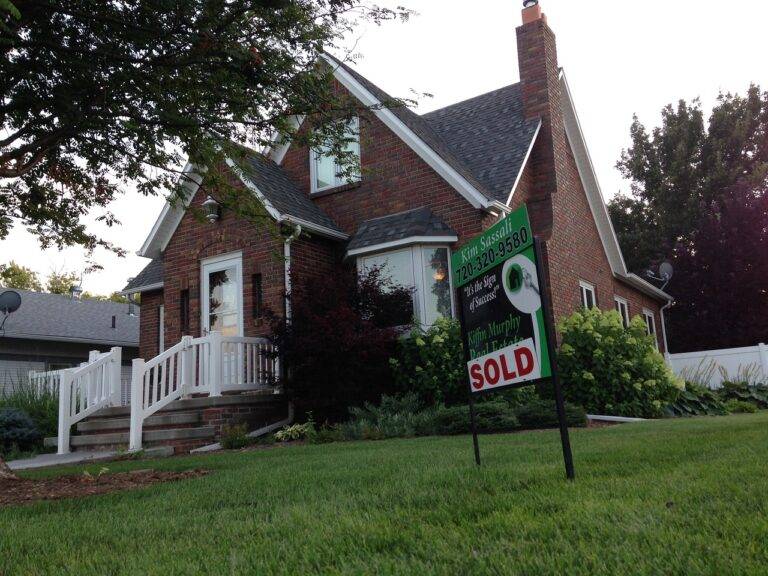Tips for Reducing Your Carbon Footprint Through Home Improvement
One effective way to increase the energy efficiency of your home is by investing in proper insulation. Ensuring that your walls, attic, and windows are well insulated can help prevent heat loss during the winter and keep your home cooler in the summer, ultimately reducing your reliance on heating and cooling systems.
Another simple yet impactful way to make your home more energy efficient is by replacing traditional incandescent light bulbs with energy-saving LED bulbs. LED bulbs use significantly less energy and last much longer than incandescent bulbs, helping you save on electricity costs while also reducing your carbon footprint.
Upgrading to Energy-Efficient Appliances
When it comes to making your home more energy-efficient, one of the most impactful changes you can make is upgrading to energy-efficient appliances. Old appliances are often energy guzzlers, consuming more electricity than necessary to perform their functions. By replacing them with newer models that are designed to be more energy-efficient, you can significantly reduce your household’s overall energy consumption. Not only will this help you save money on your electricity bills, but it will also lower your carbon footprint and contribute to a more sustainable environment.
Energy-efficient appliances are designed to perform the same tasks as their traditional counterparts, but with less energy input. This is achieved through various technological advancements, such as improved insulation, better energy management systems, and energy-saving modes. When shopping for new appliances, look for the Energy Star label, which indicates that the appliance meets or exceeds the energy efficiency guidelines set by the Environmental Protection Agency. Investing in energy-efficient appliances may require an upfront cost, but the long-term savings and environmental benefits make it a worthwhile investment for any homeowner looking to reduce their energy consumption.
Why should I consider upgrading to energy-efficient appliances?
Upgrading to energy-efficient appliances can help reduce your energy consumption, lower your utility bills, and contribute to a more sustainable environment.
What are some ways to make my home more energy efficient?
Some ways to make your home more energy efficient include sealing drafts, improving insulation, using programmable thermostats, and upgrading to energy-efficient appliances.
How can energy-efficient appliances save me money?
Energy-efficient appliances use less energy to operate, which can lead to lower utility bills over time. Additionally, some energy-efficient appliances may qualify for rebates or incentives from utility companies.
Are energy-efficient appliances more expensive than traditional appliances?
While energy-efficient appliances may have a higher upfront cost, the savings on energy bills over time can make them a more cost-effective choice in the long run.
How can I determine if an appliance is energy efficient?
Look for the Energy Star label, which indicates that the appliance meets certain energy efficiency standards set by the Environmental Protection Agency (EPA).
Can I retrofit my existing appliances to make them more energy efficient?
In some cases, you may be able to make improvements to your existing appliances to increase their energy efficiency, such as adding insulation or replacing worn-out parts. However, upgrading to new energy-efficient appliances is often the most effective way to reduce energy consumption.





